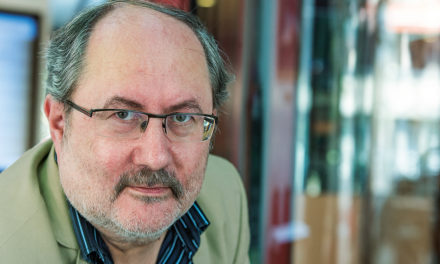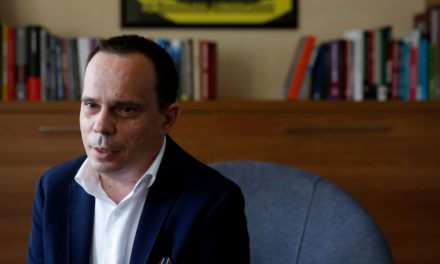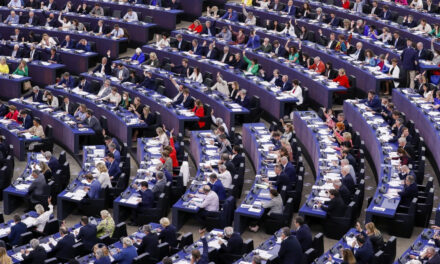One of my Facebook friends, who is not only my friend on the web, posted the following: “Caution! I have disastrous news about the side effects after the second covid vaccine. I got it five weeks ago, and in those five weeks I got exactly five weeks older.”
The strict warning from the Facebook algorithm arrived within half an hour: inappropriate, wrong information, the user should kindly visit Facebook's covid information center, this news can no longer be seen by others. In addition to the fact that people get good the second time around, but if you think about it in the meantime, the laughter catches in your throat. Are we here? End of humor, if the high-ranking Facebook wants it so?
Because its algorithm is so stupid, i.e. the people who programmed it are so limited that it cannot distinguish information from humor? Yes, he is that stupid. But that's not the problem. The problem is rooted much deeper and its effects are unforeseeable. Where have we come to have a few private data collection companies that span the globe telling us what we can say and what we can't say?
There are terrible problems with freedom of speech worldwide. Journalists are murdered - here and next door -, taken off hijacked planes, killed, dismembered and dissolved in hydrochloric acid in an embassy in a NATO country, tortured or beheaded. We are horrified, but we don't really care about it, until censorship comes at us in such a ridiculously petty form on Facebook, YouTube or Twitter. And then, according to our temperament, we either get angry or pull our ears and tails in, but we can't do much about it. And that's the problem.
Even though the situation is not exactly the same in European countries, there are uniform trends, since almost everyone uses the World Wide Web. And the covid pandemic brought to the surface the entanglements and loopholes that already existed.
In Germany, there was no problem with freedom of speech and opinion for a long time, although the only lawsuit I initiated in my life was conducted on this topic, and even then - in 2005 - I won it. Because I wrote an article about the fact that the provincial dental chamber overnight withdrew financial support from those dentists working as part-time teachers - (including from me) - who brought reality to the vocational secondary school, i.e. they used their everyday practical experience in education.
Although the article was written against the short-sightedness of the dental chamber, the school teachers were offended by it and the school's supervisory body, i.e. the competent government office, reprimanded me for the article, which of course went into my personnel file. This could have left me cold, because the fee for my school education was at most enough for a good dinner, i.e. my livelihood did not depend on it.
But then - and still today - I thought that such stupidity could not be left at that, since this reprimand revealed two things: on the one hand, that the teachers had serious problems with the interpretation of the text, and on the other hand, that the superior office had serious problems with the German by the practical application of the text of the constitution. The young judge established the latter in two minutes, and informed the office that the basic law should be given priority over two legal relationships, so freedom of opinion comes before loyalty to the employer. That is, at that time everything was still in the best order.
Then came 2010. Thilo Sarrazin, a social democratic economist, former senator from Berlin, one of the directors of the "national" i.e. federal bank, thought a little about the general situation of the country, the social effects of immigration already existing before 2015. Among other things, he concluded that Muslim immigrants were the only real problem, everyone else was blending into German society quite well.
The book became a big scandal, Sarrazin was removed from his job by "mutual agreement", which financially interested him about as much as I was reprimanded at school, because he sold many hundreds of thousands of copies of his work, and his new books published since then have all become bestsellers, i.e. royalties more than compensated for the loss of earnings.
To the greatest chagrin of the mainstream intellectuals, none of Sarrazin's factual findings could ever be legally challenged, because the numbers quoted and the connections revealed were so precise that at most his conclusions could be disputed, which at the time still fell within the scope of freedom of expression. The chancellor only said about the book that it was "nicht hielflich", i.e. that it was not useful. You probably didn't even read it...
On the other hand, the German society was deeply silent, no one went to the streets to protest against the dragging, slandering and disabling of an author, they bought and read the book, but they were as silent as the grave regarding the author's freedoms. I expect this to be the beginning of a significant reduction in German freedom of expression.
The excellent article can be read in its entirety here












